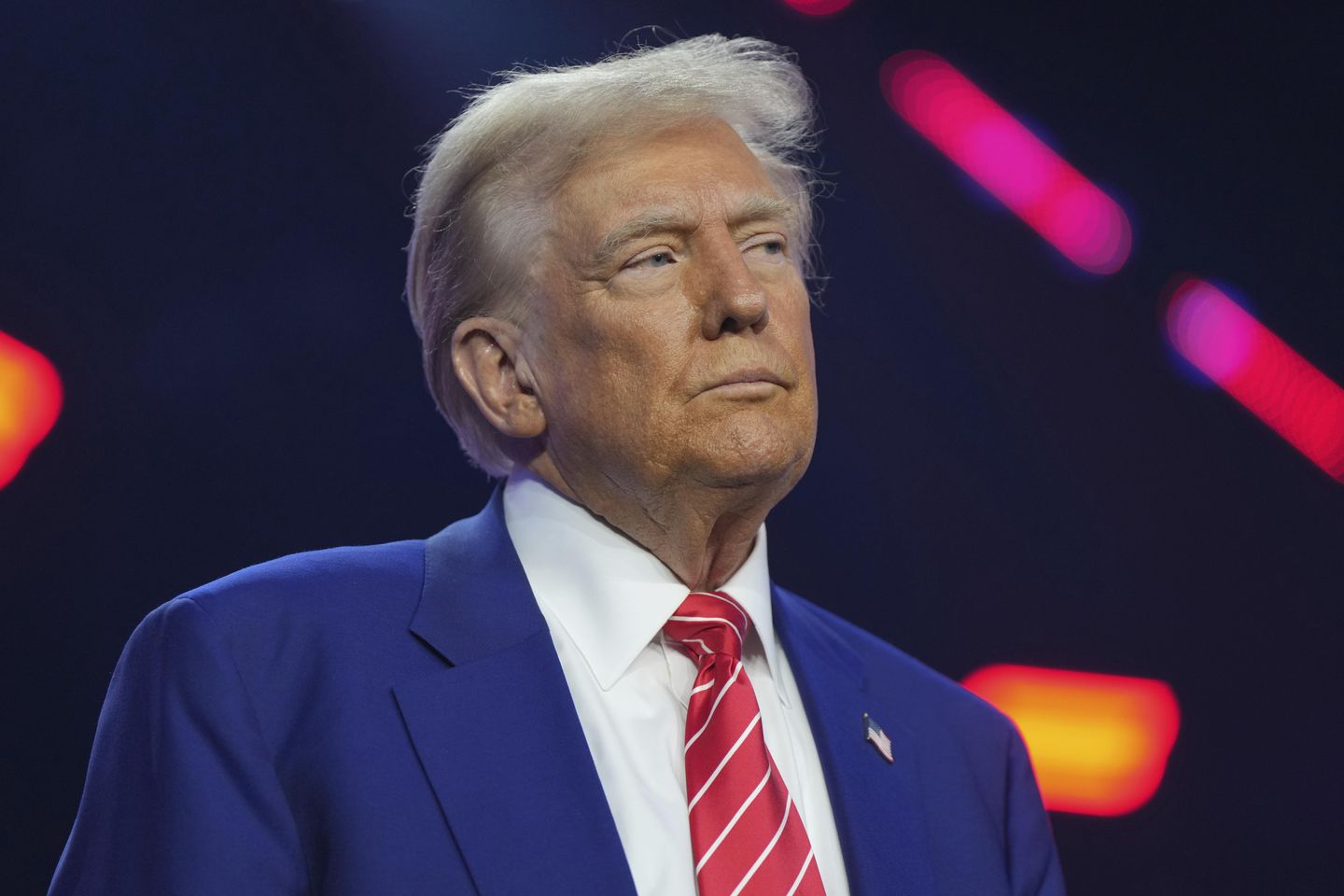President-elect Donald Trump announced on Tuesday his plans to establish an External Revenue Service on the first day of his presidency. This new agency will be responsible for monitoring tariff payments and revenue coming into the United States from foreign sources.
The creation of the External Revenue Service is part of Trump’s broader agenda to reform the country’s trade policies and ensure that the U.S. is receiving its fair share of revenue from international trade. Trump has been a vocal critic of the current trade system, which he believes has allowed other countries to take advantage of the United States.
In a statement released by his transition team, Trump explained that the External Revenue Service will be tasked with tracking and collecting all tariff payments and other revenue generated through trade with foreign countries. The agency will work closely with the Department of Commerce and other government agencies to ensure that all revenue is properly accounted for and that any discrepancies are promptly addressed.
Trump’s decision to create the External Revenue Service has been met with mixed reactions from lawmakers and trade experts. Some have praised the move as a necessary step to protect American interests and ensure that the U.S. is getting a fair deal in international trade. Others, however, have expressed concerns about the potential impact of the new agency on existing trade agreements and relationships with other countries.
Critics of the External Revenue Service argue that it could lead to increased tensions with key trading partners and result in retaliatory measures that could harm American businesses and consumers. They also warn that the agency could be used as a tool for protectionism, making it more difficult for U.S. companies to compete in the global marketplace.
Despite these concerns, Trump remains steadfast in his commitment to reforming the country’s trade policies and ensuring that the U.S. is not being taken advantage of by other countries. The creation of the External Revenue Service is just one of many steps that he plans to take to achieve this goal.
In addition to the establishment of the External Revenue Service, Trump has also promised to renegotiate existing trade agreements, impose tariffs on countries that engage in unfair trade practices, and take other measures to protect American jobs and industries. He has made trade a central issue of his campaign and has vowed to put America first in all of his dealings with other countries.
As Trump prepares to take office, the creation of the External Revenue Service is likely to be just the beginning of a series of changes to the country’s trade policies. With a new administration comes new priorities and new approaches to addressing longstanding issues, and Trump has made it clear that he intends to shake up the status quo when it comes to trade.
It remains to be seen how the establishment of the External Revenue Service will impact the country’s trade relationships and the overall economy. While some believe that it will help to level the playing field for American businesses, others fear that it could lead to a trade war and harm the U.S. economy in the long run.
One thing is certain: with Donald Trump at the helm, the country’s trade policies are likely to undergo significant changes in the coming years. Whether these changes will ultimately benefit the U.S. and its citizens remains to be seen, but one thing is clear – the External Revenue Service is set to play a key role in Trump’s efforts to reshape the country’s trade landscape.









